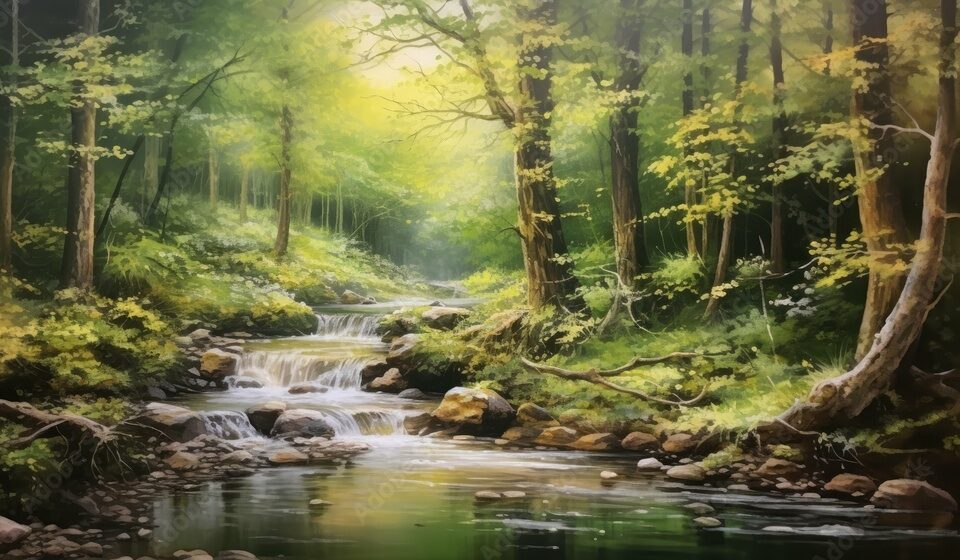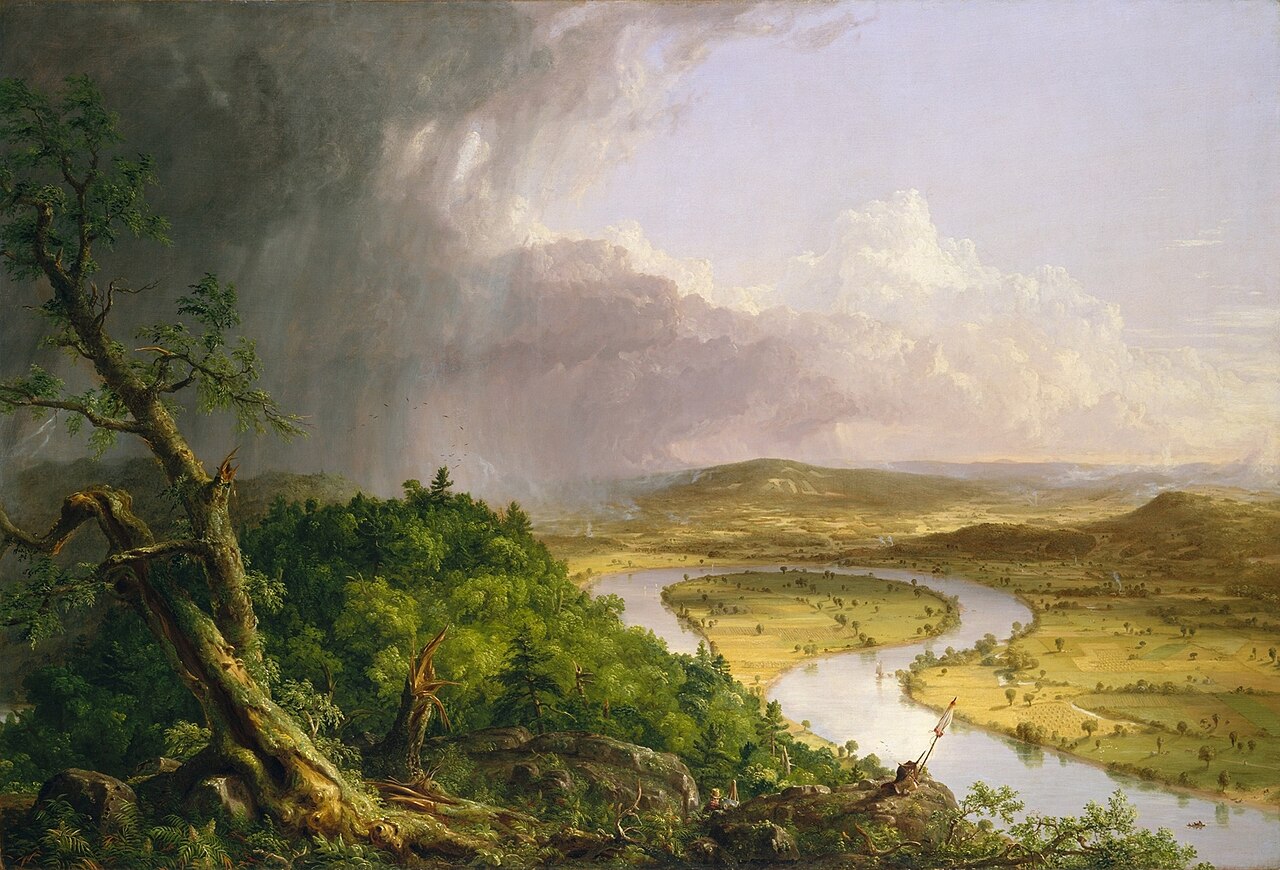By Efstathia Valavani,
If there remains but a whisper of time to cradle the fading beauty of our world, let us turn toward a life imbued with sustainability, nurturing our reverence for the earth as those before us did —lost in the quiet joy of existence, woven into the fabric of nature’s embrace. Alice Oswald, in her urgent verses, echoing through the ruins of forgotten myths, brings to the fore our deep and essential bond with the natural world.
Through Oswald’s poetry, one feels the weight of a looming future haunted by the imagery of a dying earth, each line a poignant reminder of what we stand to lose in our neglect. In “Dunt: a poem for a dried up river”, the prevailing theme reveals the fragility and uncertainty of a water spirit, entwined in the fate of a world that is withering. A once powerful and beautiful nymph is now condemned to wander through the remnants of its once-vibrant home, unable to save the river that is drying up, and embodying the deep sorrow of a landscape in decline.
Although the river that the Roman nymph of Oswald’s poem is trying to rescue is based on a real stream in Gloucestershire, the metaphor of the destroyed landscape is applied in the entirety of our decaying nature. The mythical character, inspired by the ancient world, symbolizes the anxiety that belongs to the individuals that understand the urgency of the current situation and the environmental concerns. It is worth noting how meticulous the effort of the spirit is, in order to save her river, while she is alone and helpless.

This is the struggle and the anguish of every environmental activist that has ever been ignored, every woman or man that has been mocked when trying to talk about environmental issues, and most of all, of everyone that has encountered the view that there is not enough time to restore what is getting lost. Yes, right now, human beings and animals are suffering, and life itself is endangered. If we will not act as a whole, it is a matter of time that everything will be lost. There is, indeed, time to rescue our world. That does not mean that this world has not already started dying and it does not mean that one single individual could possibly amend everything alone.
Oswald paints the darkest image, and the despair of being absolutely unable to heal, rescue, and save the world. That is not because she believes we really have no time to change anything, but because she knows that sometimes a human’s heart must be shaken by the most tragic of all outcomes, even if it is fictional. She is not optimistic in her poem, because she wants us, for once, to face the bitter future that waits for us, if we do not decide to act now that we can. If we really had no time, there would be no point in activism and no good would come from writing poetry that makes environmentalist statements. The point is that the time we have is running out really fast, but we are brave enough, smart enough, and gifted enough to beat time and save what is to be saved.
Reference
- Dunt: a poem for a dried up river. Poetry Foundation. Available here




